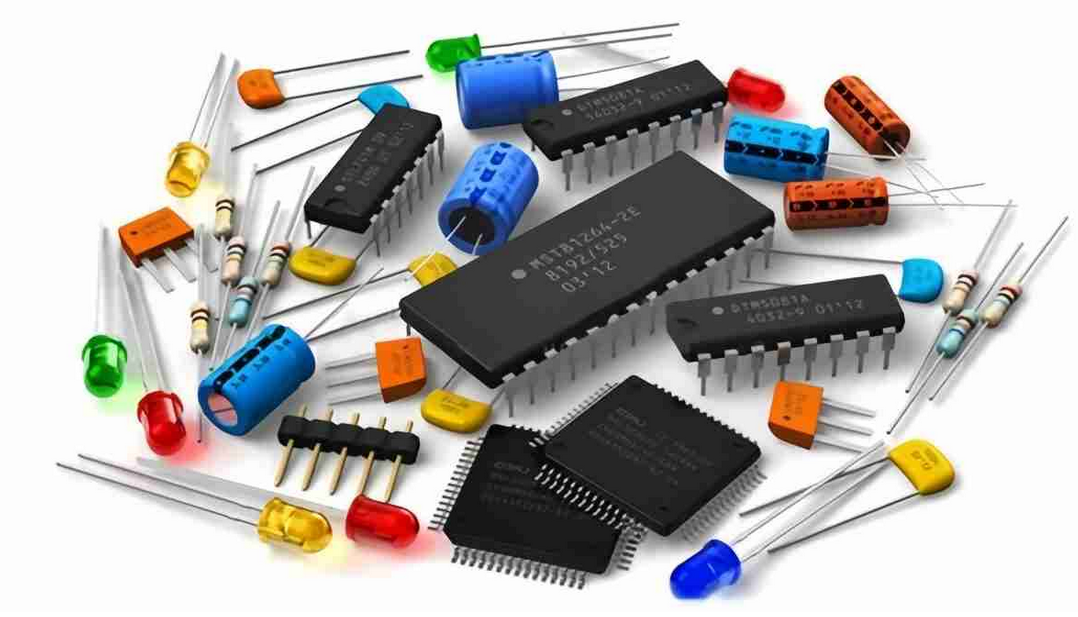Benefits and Applications of Rigid-Flex Circuit Boards in Modern Electronics
Flexible PCBs and rigid flex circuit boards are the two main types of circuitry used in large-scale industrial manufacturing. Both PCB types are different from the traditional rigid PCBs. These boards are made using a mix of rigid and flexible materials and technologies. Flex-rigid boards, on the contrary, are constructed using both technologies, and include both flexible and stiff areas.
Other projects require the use of
rigid designs and technologies. Some projects have restrictions that prohibit
manufacturers from using larger, less flexible boards. Standard boards would be
unsuitable for mobile and portable devices. Engineers at PCBAndAssembly avoid
the use of moving parts or components which would not perform well under
certain conditions.
Benefits of
Flexible Rigid PCB
Cost-Efficiency - Traditional rigid PCBs can be manufactured at a reasonable
price, which makes them an ideal choice for most standard applications.
High-Volume
Manufacturing: When
high-volume electronic products are manufactured, rigid PCBs that have been in
use for many years can be mass produced efficiently and at a low cost. Traditional
rigid boards can be used in applications where rectangular or square PCBs are
standard and fit within the enclosure.
Space
Efficient: The elimination of connectors makes
rigid flex circuit boards one of the best space savers. They also a
perfect option for several interconnects. They might be bent of folded to match
into tight spaces. It is a perfect manufacturing method for the compact
electronic gadgets.
Reliability: Smaller points of failure might be occur due to fewer connections.
It improves the reliability and the long-term
frequency of the device
Durability: These PCBs are quite durable and can easily survive against the
contestant temperature changes. It is ideal for several industrial
applications.
Flexible rigid
PCB Applications
Flex-rigid board is similar to
flexible boards, but with one important difference: they have rigid layers. Printed circuit board services
use the right layer, making them more durable, and they require additional
materials in comparison to conventional or purely flexible boards.
Flex-rigid circuit boards are also
useful when you require motion, but durability is still a concern. PCBAndAssembly
‘s PCBs are used in a variety of applications.
Flexible rigid
PCBs in Medical Wearables
These days, it’s hard to miss
someone wearing a fitness tracker—and that trend has made wearable tech more
popular than ever. Smart clothes, jewelry and rings are also
wearables. It's important for doctors to be informed at all times about their
cases in the medical field. This may include monitoring breathing patterns,
heart rates and other factors. Wearables help medical professionals stay
informed about their cases' health, indeed when they aren't in the doctor's
office.
The devices are small and light, but
they must still be reliable under everyday use. These rigid layers ensure that
these electronics will work even under the most demanding conditions.
Flex-Rigid
Circuit Boards: Industrial Applications
Flexible rigid PCBs allow for
greater flexibility in the design of machinery and help to operate industrial
equipment under constant stress. These PCBs are used in many types of
industrial equipment, including radio frequency communication technology and
power distribution control circuits.
Sensors can be made thinner and
smaller with a flexible rigid board than with rigid boards. Printed circuit
board services allow industrial sector use these sensors in new ways. Irregular
shaped parts or small spaces might be easily controlled
by these sensors. They would not fit into these places without a
flexible component or a smaller one.



Comments
Post a Comment